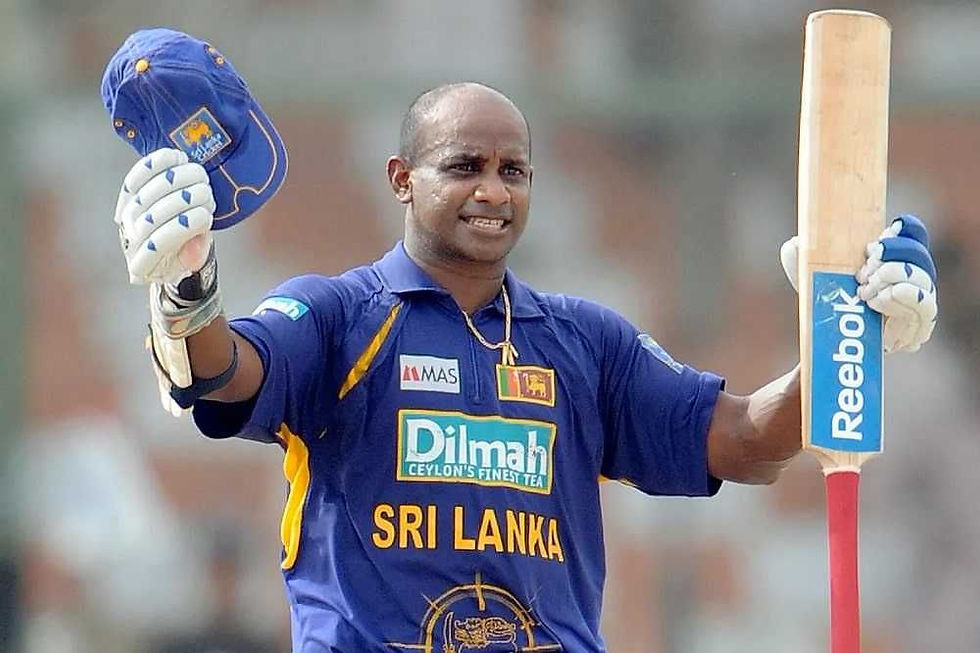Streetwear is dead, and it's high time we accepted it.
- Deadend

- Apr 9, 2024
- 6 min read
Updated: Nov 18, 2024
Kids, we are gathered here today not to praise streetwear, but to bury it. Because streetwear in its truest form is well and truly dead.

I first came across what I (much later) found out is considered "streetwear" on the back of an NRI college-mate in the early 2000s. He was wearing a melange grey Spitfire t-shirt with a huge orange/red flame with a face emblazoned on it. The face was mischievous, scary even, and it immediately appealed to my punk sensibilities. I was going through a torrid all-black-clothing phase at the time, and that t-shirt changed my look -and wardrobe- overnight.
Now I had done a little roller-skating as a kid, but it would take many more years for me to even find out that Spitfire was primarily a skateboard company and how intertwined streetwear was with skateboarding culture. I never tried skateboarding and don't think I ever will. So when I say that t-shirt changed my entire approach to clothing, what I mean is that I embraced the humble graphic printed t-shirt and everything that went into making it as a way of life.
At the time, there weren't many Indian t-shirt brands doing alternative stuff and we certainly didn't have any international brands here either. The lone exception I can think of is Tantra, who made affordable, decent quality t-shirts inspired by music, pop culture, and India at large. (I gleefully rocked an olive green version of their Via Agra t-shirt, pictured below, well into my mid-20s.)

So my wardrobe mainly consisted of band merch and first copy t-shirts with "edgy" captions on them. I have, regrettably, showed up to family events and first dates with t-shirts that said shit like "Duck My Sick" and "FCUK FASHION". Was it all a bit cringe? Yup. But it was also infinitely satisfying for a rebellious young man who just couldn't fit in.
And that to me is the very essence of"streetwear"- clothing that is fun, freeing, rebellious, and authentic to who you are at that point in your life, authentic to the community that supports it. Sure, streetwear was cool, but it was also -perhaps more importantly- effortless. You didn't need to colour-coordinate your entire outfit or worry about which brand shouldn't be worn with another brand. And it certainly didn't cost an arm and a leg to "get the look". You just needed to know the right people and move in the right circles.
The whole point of streetwear was to signal that you belong to a particular subculture, like say hip hop or skateboarding or even environmentalism. It was a way to support your friend's band or to show off that you attended a particular music festival or just to make a funny, irrelevant statement. We were all walking, talking billboards for our musical or political or sporting affiliations, and we all liked different shit, so everybody didn't dress like everybody else. We were all individuals. Snot-nosed, pretentious, dangerously narcissistic individuals perhaps, but individuals nonetheless.
And that core value of streetwear, of enabling you to be different, to stand out, to express your beliefs or even just your juvenile sense of humour, is what the corporatization of streetwear has taken away from the scene. What the influencers and the "streetwear curators" aren't telling you is that you're paying for hype, and not ethos. You're paying for a logo, not logos. Walking around in an over-sized t-shirt with a brand name printed on your chest and back and arms is the least punk rock, most un-street thing anybody can ever do. Stacking overpriced sneakers that you'll never wear in glass cases in your room is not cool or subversive; it's capitalism cucking the living hell out of you. It sucks.
I realize this will be especially painful to hear for us in India, because most of us only recently discovered streetwear. But as nice as it is to finally have access to international streetwear brands like Palace or Stussy in India, you have to remember that it's only really streetwear if it represents you. When billionaire comedian Jerry Seinfeld is roped in to rep one of the most hyped streetwear brands in the world, you have to accept that streetwear is well and truly dead. RIP Streetwear, we hardly knew ye.
Our Take
While streetwear retailers are off-loading international logos on you, the Indian streetwear scene is honestly so much more disappointing. Here’s the problem with Indian streetwear: Everybody has the same oversized fit, the same colours and graphics, and confounding, meaningless text. Where are the Indian brands making affordable, quality shit for young India? Which brand is representing any of the many indie scenes and socio-cultural realities of India in a meaningful way? Obviously there are plenty of Indian brands doing interesting things within "fashion", but it seems almost unbelievable that we still don't have a truly cool, authentic, clothing / lifestyle brand that stands for something real.
Which brings us to the question: if streetwear is dead, what the hell are we doing here?
We are here because none of this means that the Indian streetwear scene cannot still find its own unique voice, tone, and footing. The beautiful thing about being such a huge country with such a diverse population is that we don't have to give a flying f*ck about what is or isn't cool anywhere else. Streetwear was always local, and what we need are artists and studios creating clothing that is true to and representative of individual communities. Brands just need to throw out this oversized-tee- and-graphic-print template that the economies of scale have forced them to adopt, and start thinking originally, uniquely. And we all need to stop caring so much for having some multinational company's logo on our clothing and support local brands that rep our communities and interests instead.
So is Deadend a streetwear brand?
Well, first things first. Deadend is not a fashion brand, or a streetwear label, or even really a clothing company. We are, at best, a culture collective, holding onto ghosts of revolutions past.
Deadend is our attempt to bring back what we can of streetwear's original DIY ethics, because streetwear introduced us to so many amazing people and artists and scenes and communities. We don't consider ourselves a "streetwear" brand because we never really liked the term, but we intend to create art, events and clothing that are fun, outrageous and hopefully interesting. If we had to describe Deadend clothing -and our entire philosophy- in one phrase, we would describe it as "Counter Couture".
It's probably obvious, but in case it isn’t: "Counter Couture" just means anti-fashion establishment, and by extension, anti-establishment. We're old enough to remember a time when the humble graphic-printed t-shirt was just anything you wanted it to be. It could be a declaration of love for your favourite band, a political statement, a nod to something you like doing in your spare time or just a funny caption, or even just something you pulled on because it was the only clean item of clothing in your cupboard. The one thing it almost never was, was fashion. Atleast not in the way it’s been bastardized to be, of late.
“Counter Couture” is hope. Hope that atleast some of us can go back to being non-conforming, interesting, individuals. Hope that we can go back to a simpler time when t-shirts didn’t all look and sound the same. We realize it’s not for everyone. We realize a lot of people will just want to wear what everybody else is wearing, buy whatever brand is trending, follow whatever trend is being pushed by the Algorithm.
But we hope you counter the hype. We hope you question what things are really worth, and we hope you have a lovely time reading our magazine and coming to our events and wearing our stupid little t-shirts.
What Next?
If you like reading about marketing, technology and culture, do sign up for our Newsletter (No spam, just 1 weekly article) at the bottom of this page.
Or you could check out our limited edition merchandise in the Deadend Clothing store or order one of these exclusive "No Gods, No Masters" t-shirts below to help us keep the lights on at Deadend Studio!




Comments